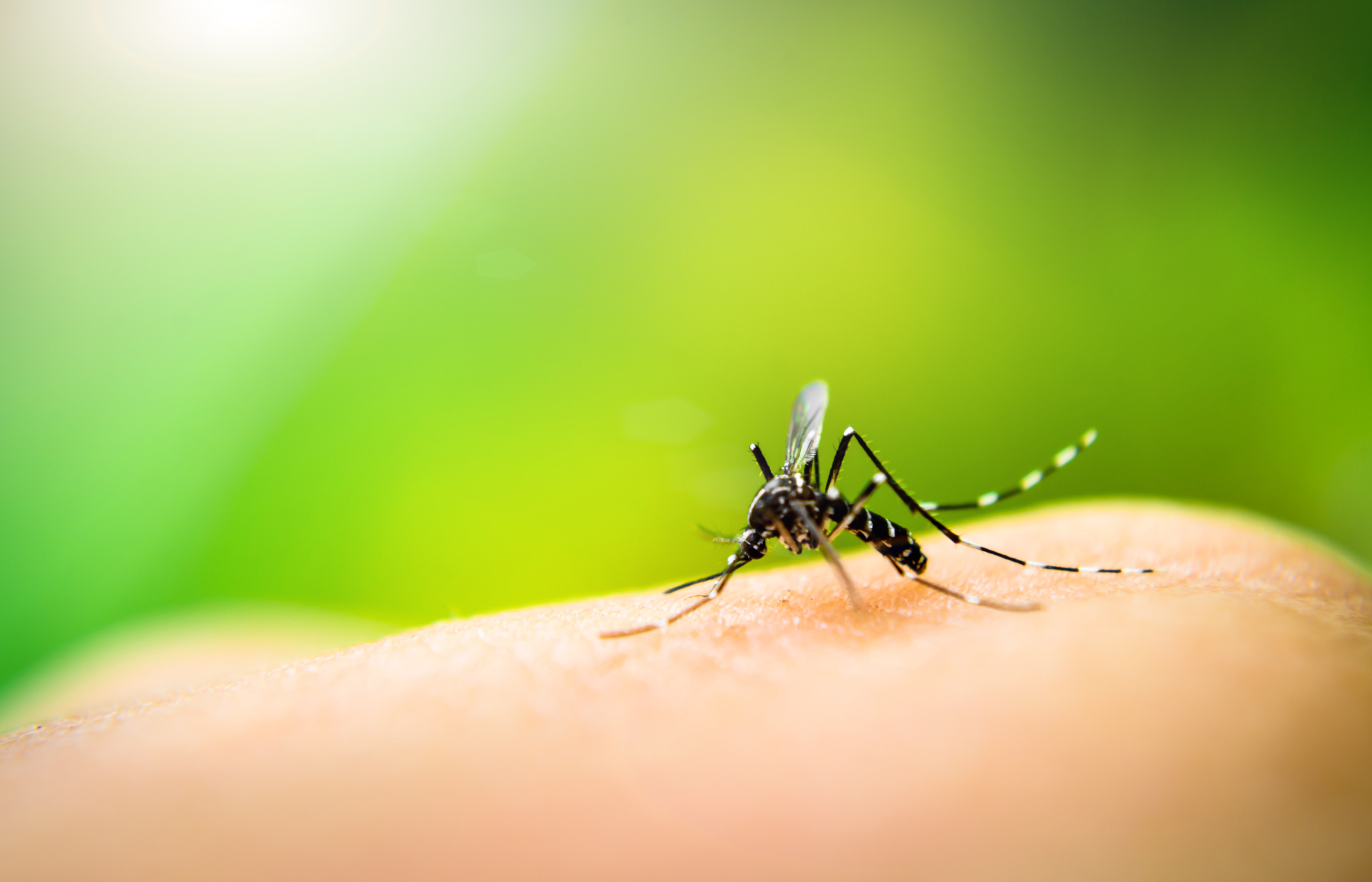
Malaria is one of the world’s deadliest diseases, caused by parasitic infection. Each year there are 200 to 300 cases of malaria with around 200 million deaths. The disease is caused by a parasitic infection from the Plasmodium genus. Plasmodium can contract humans through an Anopheles mosquito bite as an intermediary vector. Malaria can be treated with malaria medicines and insecticides. However, Plasmodium has developed a resistance against malaria medicines and insecticides. One of the methods being developed to control malaria is vaccination.
Numerous methods of malaria vaccine development are being researched because an effective malaria vaccine that can protect the body against malaria infection and complications is yet to be discovered. The existing malaria vaccine is developed from three stadiums of Plasmodium development: the vaccine against sporozoit, sexual erythrocytes stadium, and asexual erythrocytes stadium.
The use of gamma radiation to find an immunogen as a malaria vaccine is also being developed. Radiated immunogen can produce an antibody that can resist malaria parasitic infection. Researches show that immunisation using gamma radiated-Plasmodium can create a mice with an immunity against malaria infection.
A living material like cells can be destroyed through the dissolution of organising components if exposed to gamma radiation or ray. Gamma radiation/ray on Plasmodium causes a denaturation in Plasmodium cell proteins. The denaturation prevents Plasmodium parasites from infecting the host body, and instead boosts the production of antibodies that can fight the parasites before an infection occurs.
Researches show that gamma radiation has huge potential as a method to weaken Plasmodium in vaccine production. The vaccine gives a high humoral immunity with a booster, and does not cause mutation; as such, it can be used on patients with immunodeficiency and suits tropical areas. Still, further researches are needed regarding the optimal radiation dose to weaken parasites.
Text by Rezky Zakiri
Stock photos from Google Search Images
Source(s):
- Tetriana, D., Darlina., Armanu., Syaifudin, M. (2008). Pengaruh radiasi gamma terhadap profil protein Plasmodium berghei stadium eritrositik. Prosiding Seminar nasional keselamatan, kesehatan dan lingkungan IV dan International Seminar on Occupational Health & safety I. Depok. 282 - 292.